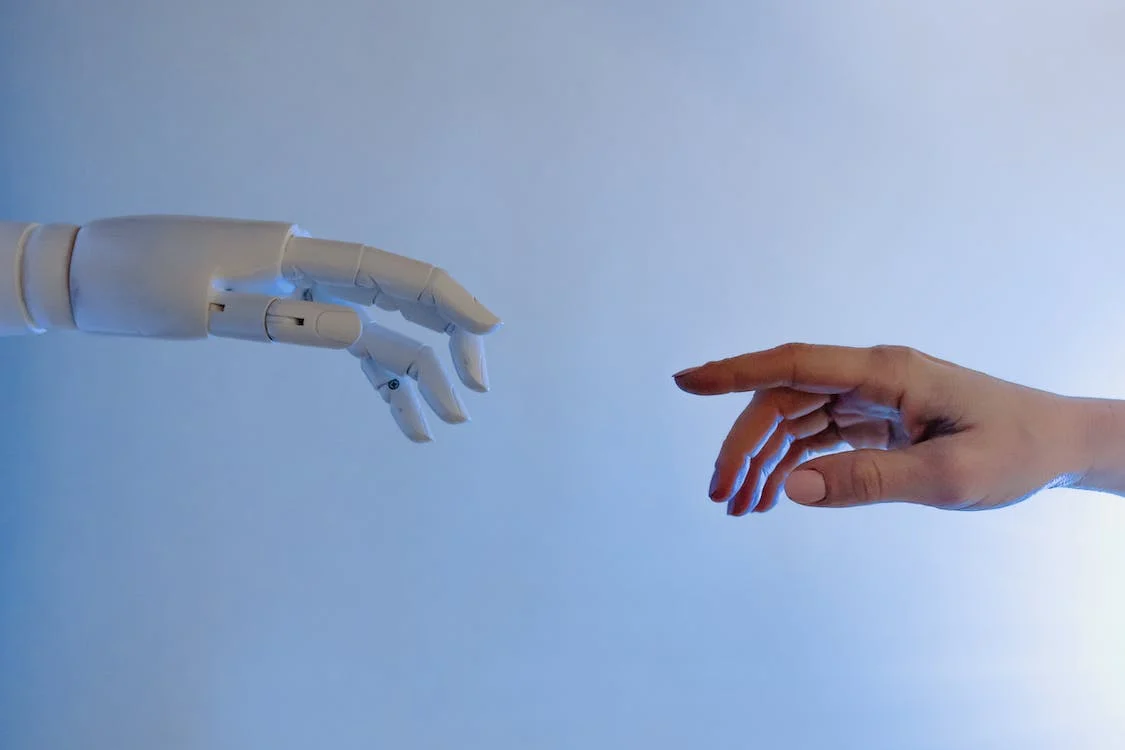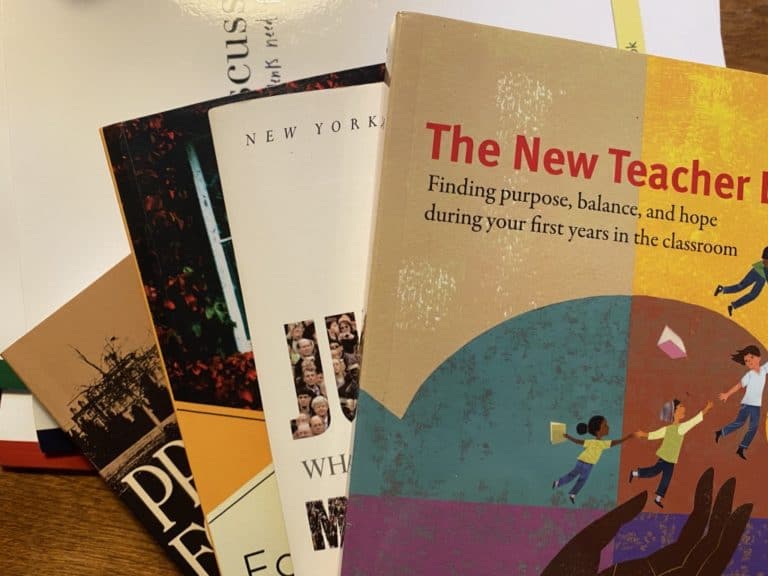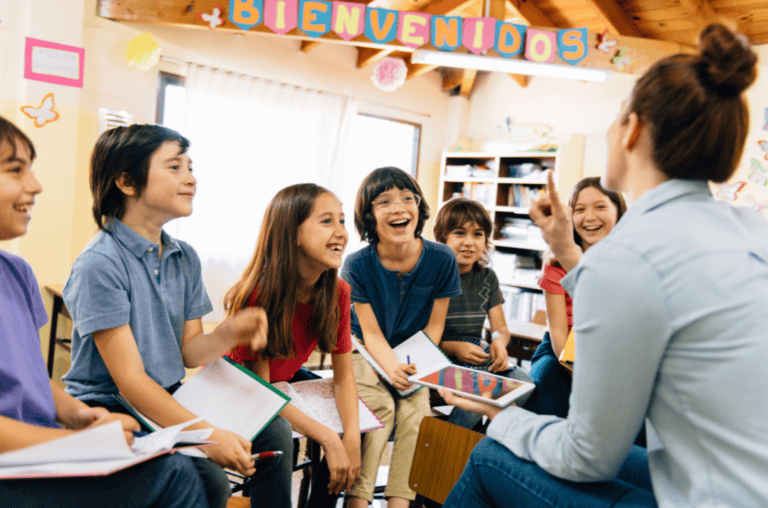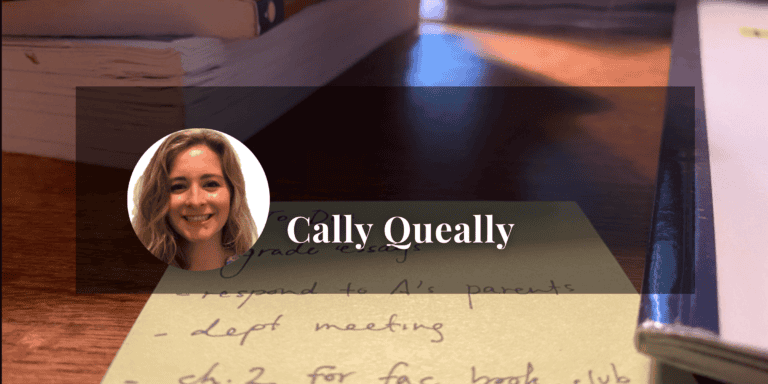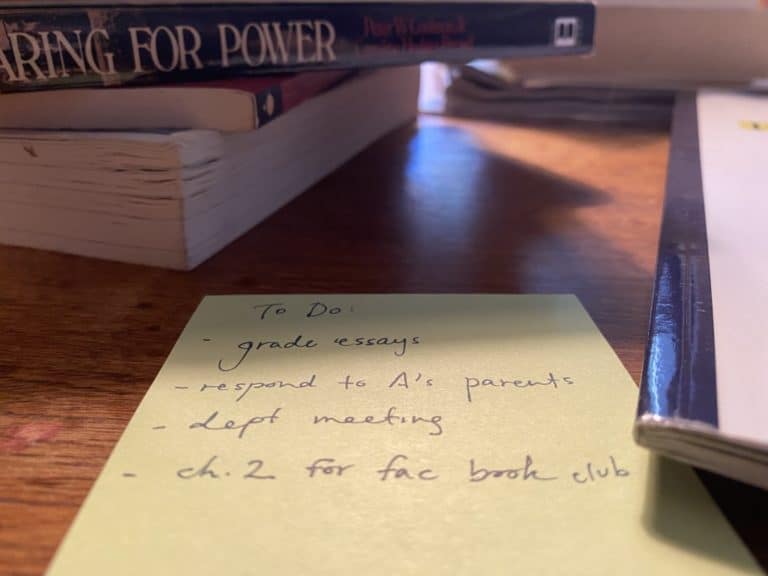A Gen-Z Response to ChatGPT
Since OpenAI launched its groundbreaking ChatGPT AI chatbot in late November, the education world has been abuzz. Will such a sophisticated language model negate the need for writing instruction? Will it completely upend the road rules surrounding paper-writing and exam-taking? Will it further alienate tech-dependent students who may already feel distanced from the “real” world? Or will it do none of those things, and instead serve as either a fun novelty or an occasionally helpful tool?
One reason we love working with our cadre of excellent college interns is that doing so forces a shift from the theoretical to the real; it gives us access to the perspectives and preferences of today’s generation of students.
R.E.A.L.® Interns React to ChatGPT
Last week, our interns met to discuss ChatGPT: to take it for a test drive, share opinions on its efficacy, and give us a glimpse of how this technology is actually affecting students’ lives.
Our biggest takeaway? Our team finds ChatGPT awesome, in the truest sense of the word – the tool is both impressive and frightening. “The technology is so advanced that it’s scary,” they reported. Specifically, they found the nuance of the technology both confusing and terrifying – and they collectively worried that the confusion it could create for students who have unfettered access to the platform could be dangerous.
None of our team members actively use ChatGPT, and several of their professors have warned students against using ChatGPT, which could violate honor codes when used for tasks like essay-writing or problem set completion. The R.E.A.L.® interns agreed that using ChatGPT for school purposes would feel extremely risky, especially at smaller schools where professors develop strong relationships with students and get to know their writing. They expressed concern that ChatGPT could interfere with the crucial development of writing skills when students are young, which could ultimately lead to a generation of bland, voiceless writing.
Still, our team members noted that they were “amazed” by the technology, and they reflected that today’s youth will grow up alongside ChatGPT, just as Millennials grew up with the Internet, email, and AIM, and today’s students have grown up with smartphones and social media. Educators will see the repercussions of this platform, our team notes, and they would be wise to prepare for that inevitability.
Teaching Human Skills in a Tech-Centered World
At R.E.A.L.®, we’re optimists – we’re positive, we’re idealistic, and we believe that technology can be harnessed for good. Technological advancements like ChatGPT don’t need to be the enemy, but we believe they do need to be viewed within a broader societal and educational context. We can appreciate the technical mastery of ChatGPT while remaining wary of its downsides, and we can do our best to help students and teachers prepare for a world characterized by increasingly sophisticated technology.
Ultimately, we believe that interacting most effectively with technology comes down to embracing and cultivating the uniquely human traits that tools like ChatGPT can’t replicate: the one-on-one relationships that keep us going, the nuances and perspectives that make in-person conversations exciting, the idiosyncrasies and personal preferences that make our speech and our writing ours, and which help strengthen relationships with our peers, our teachers, and our friends.
Ready to learn more about how to help today’s students thrive in a tech-centered world? Reach out to our team today.
